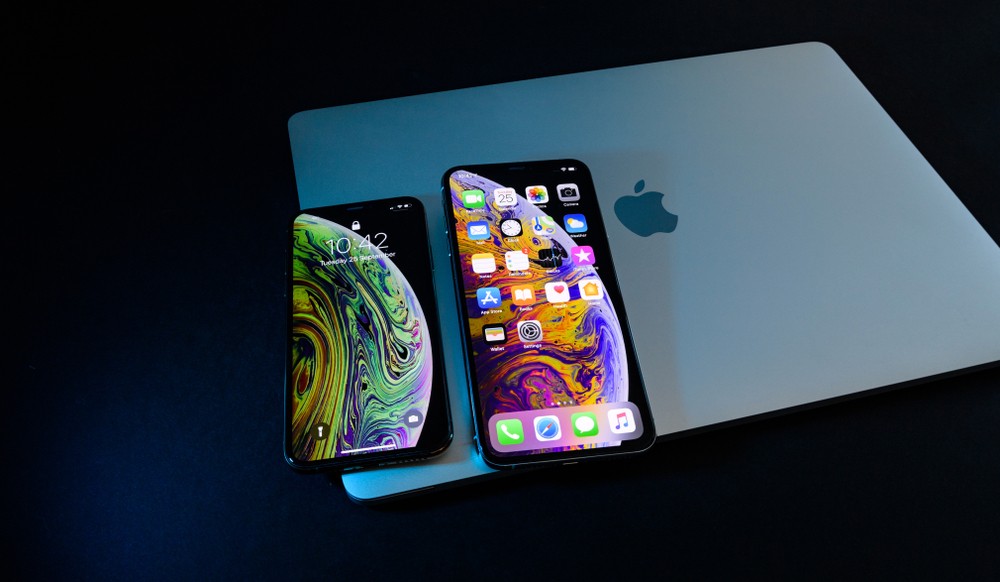Apple Taps Blockchain to Ethically Manufacture Your iPhone, Macbook

In an SEC filing, Apple has revealed collaborative blockchain work with the Responsible Minerals Initiative, an industry group, to source minerals ethically. | Source:: Shutterstock
When you think of Apple, you think iPhone, iPad, or even privacy concerns.
You probably don’t think conflict minerals used in the manufacturing of its devices or how blockchain could prove the cure for an ethical supply chain.
Well, you should. The tech giant has filed a report with the U.S. Securities and Exchange Commission indicating it is studying ways to implement Blockchain in some form or fashion.
Reading Between The Lines
Apple submitted a filing called the “Conflict Minerals Report ; Summary of Apple’s Commitment to Responsible Sourcing.”
In the report, Apple did not say in any straightforward way that it was implementing Blockchain for any of its operations. The tech behemoth alluded to the technology.
For example, Apple’s filing noted that last year it supported the development of certain industry-wide standards for the Blockchain Guidelines of the Responsible Business Alliance’s Responsible Minerals Initiative (RMI).
Here’s an excerpt:
In 2018, Apple chaired the board of the Responsible Business Alliance, served on the Steering Committee of the RMI, continued its participation in the European Partnership for Responsible Minerals, and served on the Governance Committee of the Public-Private Alliance for Responsible Minerals Trade. Apple also contributed to several RMI working groups, including, but not limited to, the working groups for tin, gold, and other minerals; the smelter engagement team; the Blockchain team; and the minerals reporting template team.
This news comes as the prestigious Massachusetts Institute of Technology, MIT, said recently that “in 2019, [Blockchain] will start to become mundane.”
Human Rights At The Forefront
Apple boasts that it is “deeply committed” to upholding human rights. It works with its global network of suppliers that support the manufacturing of its mobile communication and media devices, personal computers, and related accessories.
In Apple’s wheelhouse are inventions they aren’t specific to gadgets. They are for humanitarian causes. This includes its Risk Readiness Assessment tool it developed in 2016. It assesses risks in its supply chain beyond those associated with conflict. This includes risks like:
- Social
- Environmental
- Human rights
Its efforts include safeguarding the well-being of those involved in its supply chain. Apple seeks to protect the places where materials are sourced. According to the filing, Apple’s supplier standards entail it using minerals in its products that do not “directly or indirectly finance armed conflict or benefit armed groups.”
The filing states:
In 2017, Apple took steps to share the RRA more broadly with stakeholders, including an international human rights non-governmental organization (“NGO”).
Apple recommends companies use the RRA to stay up-to-speed about supply chain risks.
Apple began transitioning the RRA to RMI in 2018 to make the tool broadly available. As of Dec. 31, results showed that 265 outfits were using the RRA. That compares to 211 users in 2017.
Not Too Much Of A Surprise
Apple has been outspoken about using renewable resources or recycled material.
It’s said :
There are a lot of valuable materials inside old devices that are perfect for making new products. The challenge is that recovering them is extraordinarily complex and hard to do efficiently. And we want to return an equivalent amount of material to the market, to be used by us or others. Our ambition is that one day we’ll extract nothing from the earth.